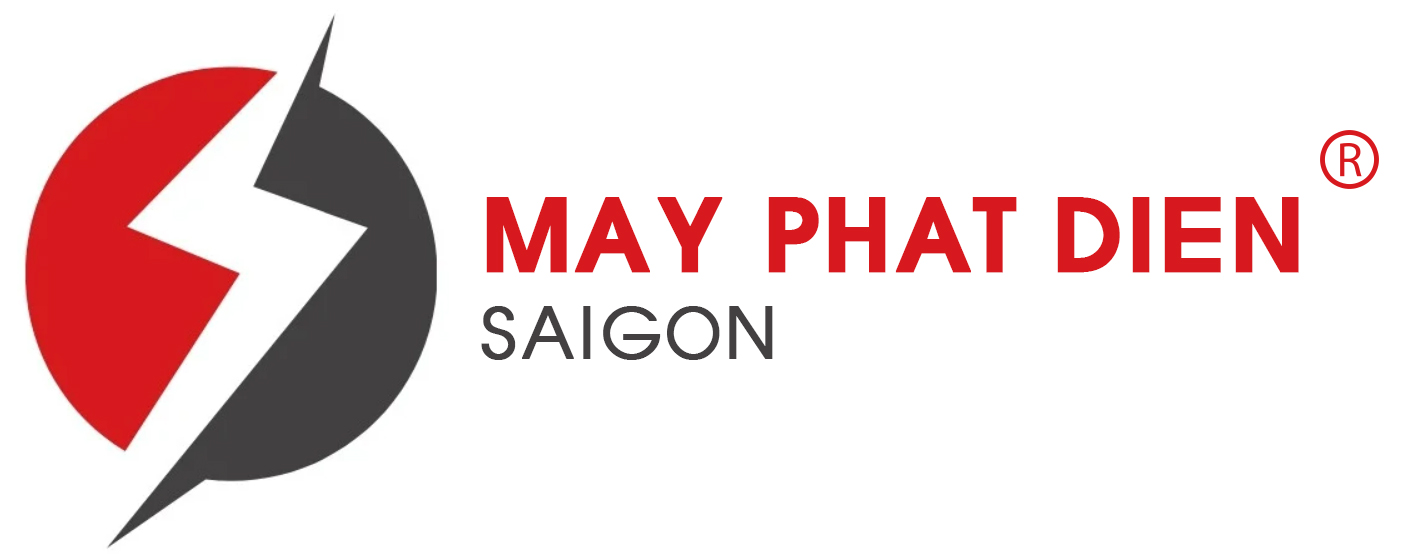“Cryptocurrency Wallets That Hold Together (or Fall Apart): A Guide to Hardware Wallets, Decentralized Exchanges, and Gas Fees”
In the world of cryptocurrency, it’s easy to get caught up in the hype surrounding new technologies and trends. However, as with any market, there are risks involved, particularly when it comes to storing your cryptocurrencies securely. In this article, we’ll explore three key components that can impact your crypto experience: hardware wallets, decentralized exchanges (DEXs), and gas fees.
Hardware Wallets: Keeping Your Cryptos Safe
Hardware wallets are devices specifically designed to store and secure your cryptocurrencies offline. These wallets use advanced encryption and secure protocols to protect your coins from hacking attempts. Some popular options include Ledger, Trezor, and KeepKey.
When choosing a hardware wallet, consider the following factors:
- Security: Look for wallets with robust encryption methods, such as public-key cryptography or zero-knowledge proofs.
- Storage: Consider the storage capacity of the wallet and whether it can be easily upgraded to support larger numbers of coins.
- User Interface: Choose a wallet that has an intuitive interface, making it easy to manage your funds.
Decentralized Exchanges (DEXs): The Brave New World of Cryptocurrency Trading
DEXS are online platforms where users can trade cryptocurrencies without the need for intermediaries. This model allows for greater transparency, lower fees, and increased security compared to traditional exchanges.
When choosing a DEX, consider the following factors:
- Fees: Research the platform’s transaction fees, as these can significantly impact your wallet balances.
- Liquidity: Look for platforms with high trading volumes and liquidity to ensure that you can easily buy and sell cryptocurrencies.
- Security: Choose a DEX that uses robust security measures, such as multi-sig wallets or cold storage.
Gas Fees: The Cost of Transacting Cryptocurrency
When it comes to trading cryptocurrency, the most common obstacle is gas fees. These fees are determined by the network’s congestion levels and the number of transactions being processed.
Here’s how gas fees work:
- Network Congestion: When a transaction is made on the network, the miner (or node) must pay a fee to process it.
- Gas Prices: The amount of gas required to process a transaction is calculated based on its difficulty level and the number of miners competing for it.
To minimize your gas fees:
- Choose a DEX with low fees: Some DEXs, like Binance DEX, offer lower fees compared to traditional exchanges.
- Use a hardware wallet:

Hardware wallets can help reduce network congestion by storing your coins offline.
- Consider a staking-based approach: Staking cryptocurrencies like Ethereum can generate passive income while reducing the demand for new mining power.
Conclusion
In conclusion, when it comes to cryptocurrency wallets and decentralized exchanges, there are several options available that can impact your crypto experience. By understanding the risks involved and choosing the right hardware wallet, DEX, and gas fees, you can minimize the obstacles and maximize your crypto success.
Remember, cryptocurrency storage is a personal responsibility, so take care of your coins and educate yourself on the latest trends and technologies.
Sources:
- Ledger Wallet (hardware wallet)
- Trezor Wallet (hardware wallet)
- Binance DEX (DEX)
- Ethereum Staking (staking-based approach)

